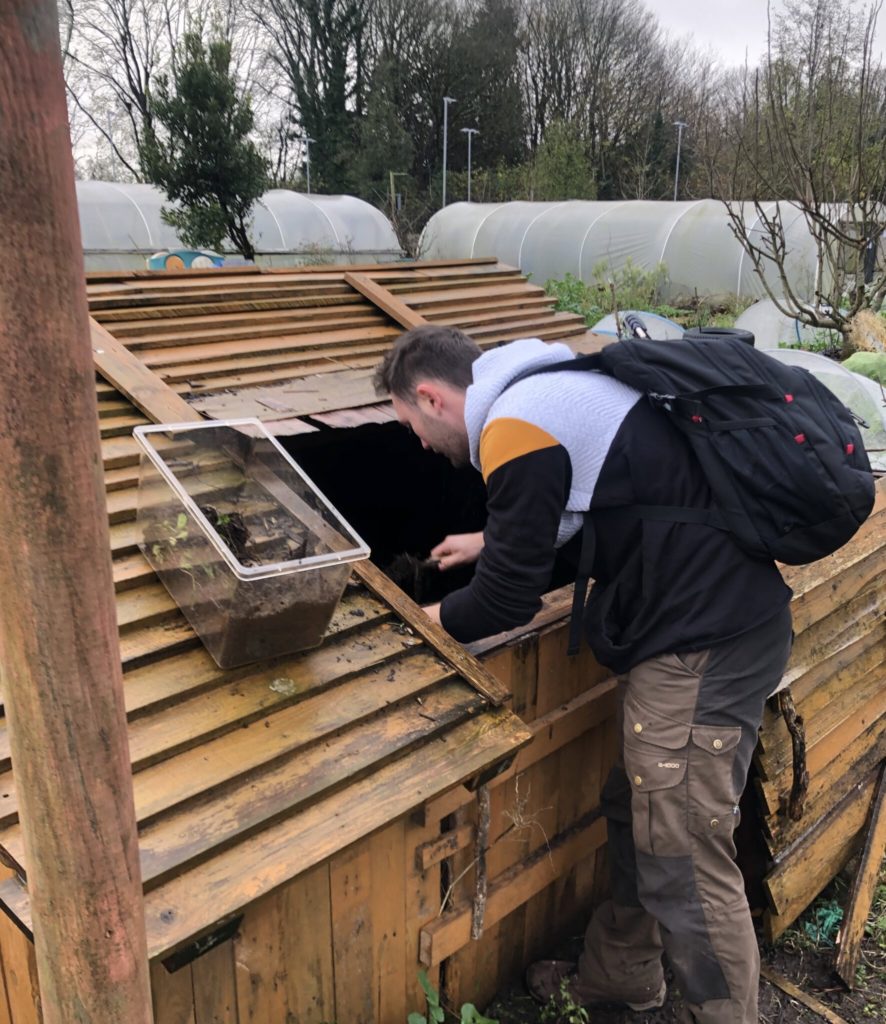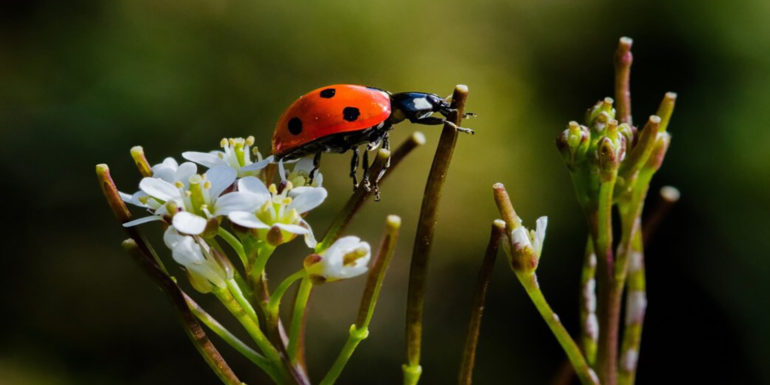EntoBox uses innovative insect-based solutions to tackle sustainability and food security.
SCIENTISTS in Cardiff are on a mission to tackle food insecurity and soil erosion through an unusual partnership — insects and compost.
During the pandemic, Dr Jordan Cuff and Dr Rafael Badell-Grau set up EntoBox, a compost additive pod, in which higher quality compost can be produced more efficiently.
“The principle behind all of this is that we have problems with soil erosion, soil quality and access to things like compost. There’s a whole world hidden away in every compost heap.
“We’re trying to regulate pesticides and protect our wildlife, but actually, some of that protection can happen in a compost heap, which is a massive biodiversity hotspot,” said Dr Cuff.

EntoBox’s benefits not only include improved fertiliser, but the project is developing to provide food and feed derived from the insects.
“One of the driving factors for me is really educating people as to the importance of invertebrates, because I think they’re very underrepresented and underappreciated,” added Dr Cuff.
After both studying a masters in biosciences, the two friends and former flatmates went on very different scientific paths.
Dr Cuff works as an entomological researcher, studying insects, while Dr Badell-Grau works on neurodegeneration. However, lockdown brought their scientific skills together and soon their balcony turned into their very own composting laboratory.
“During the pandemic we were working in very close quarters, we were constantly working and sharing ideas.
“I think it is the passion for science, Jordan’s knowledge and the passion for innovation that drove this,” said Dr Badell-Grau.
After receiving support from the Cardiff University enterprise team, the start-up were introduced to the Riverside Community Garden Project to get their product off the ground.
“There are all sorts of really cool stuff going on in Riverside that we can learn from and through our pods, actually give back to as well,” said Dr Cuff.
He added: “It’s really great to be able to work with such a giving and kind community that hopefully, we can boost,”
However, like many start-ups founded in the pandemic, the project has not been without its challenges.
From a lack of funding, research facilities and equipment, the team have now branched into research technologies to combat the shortfall, including developing sustainable insect microfactories.
EntoBox is now looking to expand beyond Cardiff to tackle food insecurity. The team have prototyped an innovative micro-reactor that uses food and garden waste to produce food and feed on a more effective scale.
“I feel like every start-up is such a crazy roller coaster and if we are successful, the shape of that success will undoubtedly be different to our designs, because it’s such a shifting and changing platform that we’re working on.
“We want to make sure that when we do try (to expand), we have the stability to ensure that we can help, because I think there’s nothing worse than trying to help people and becoming a hindrance,” added Dr Cuff.



